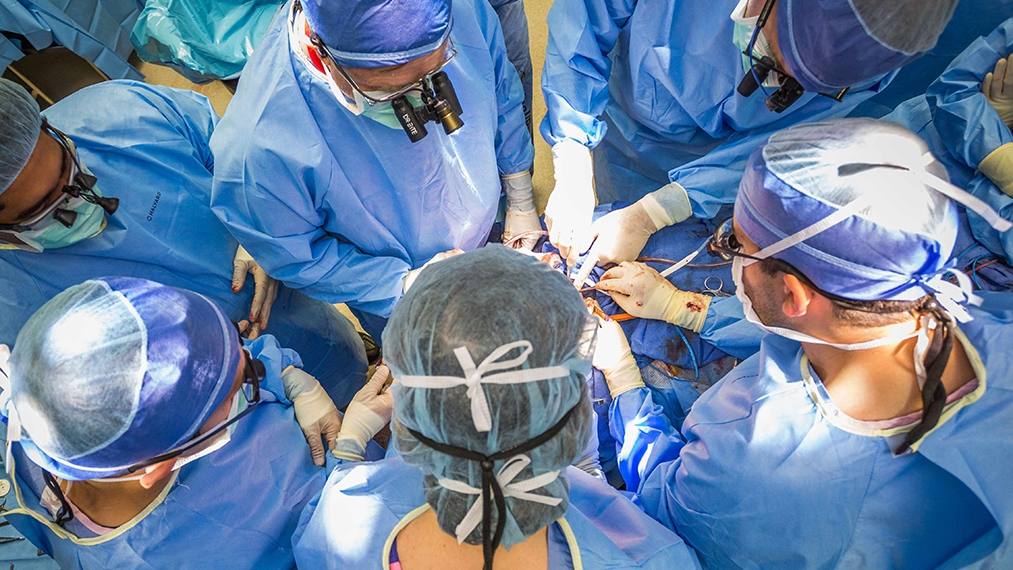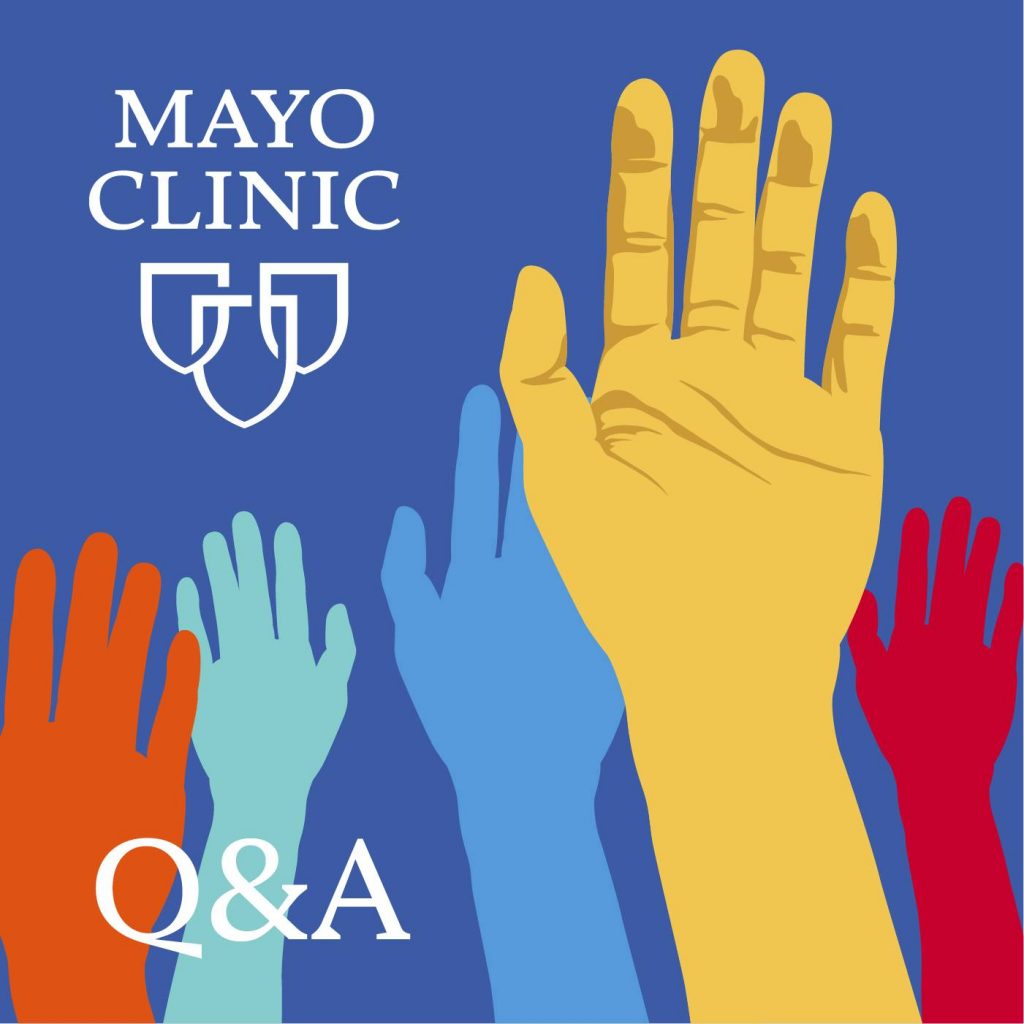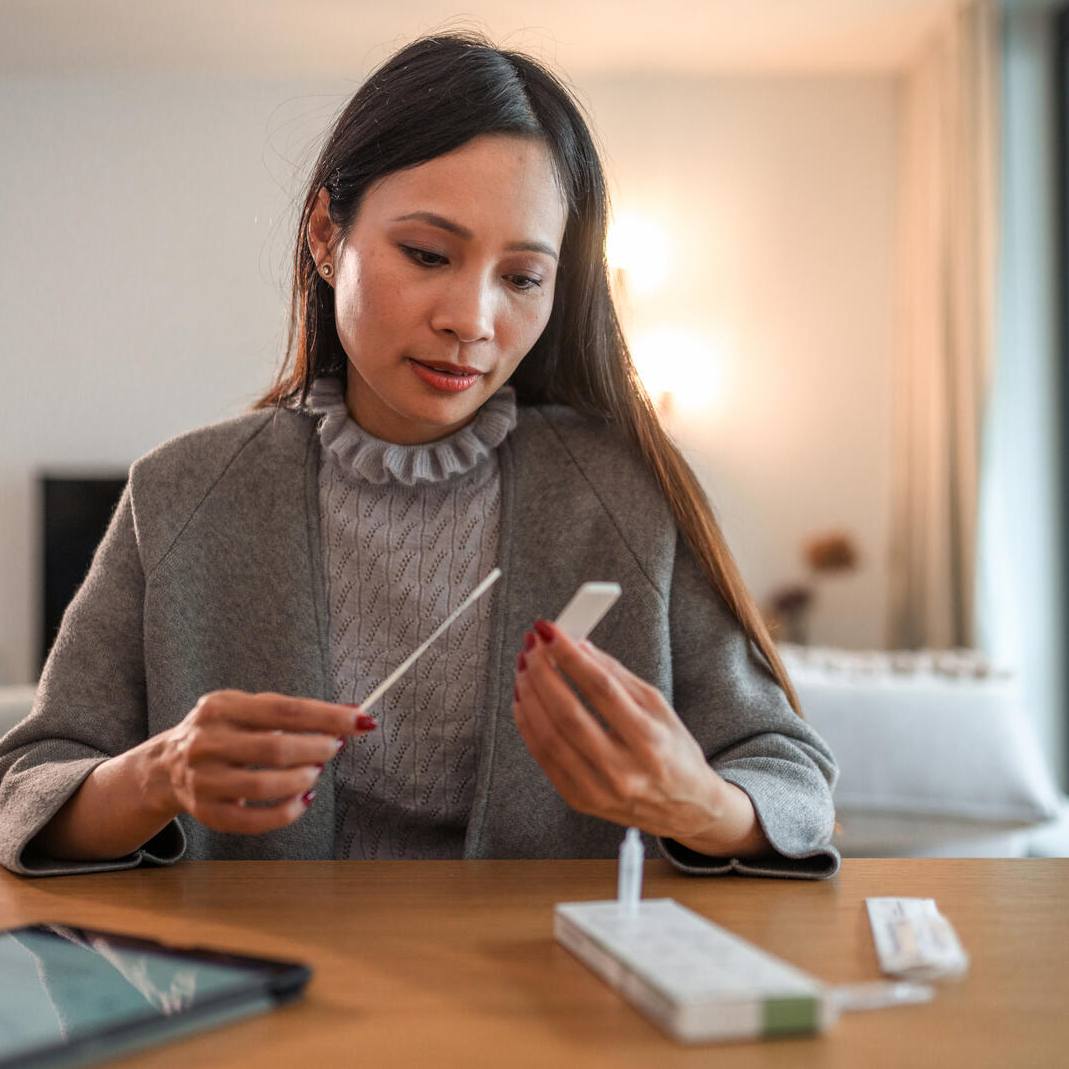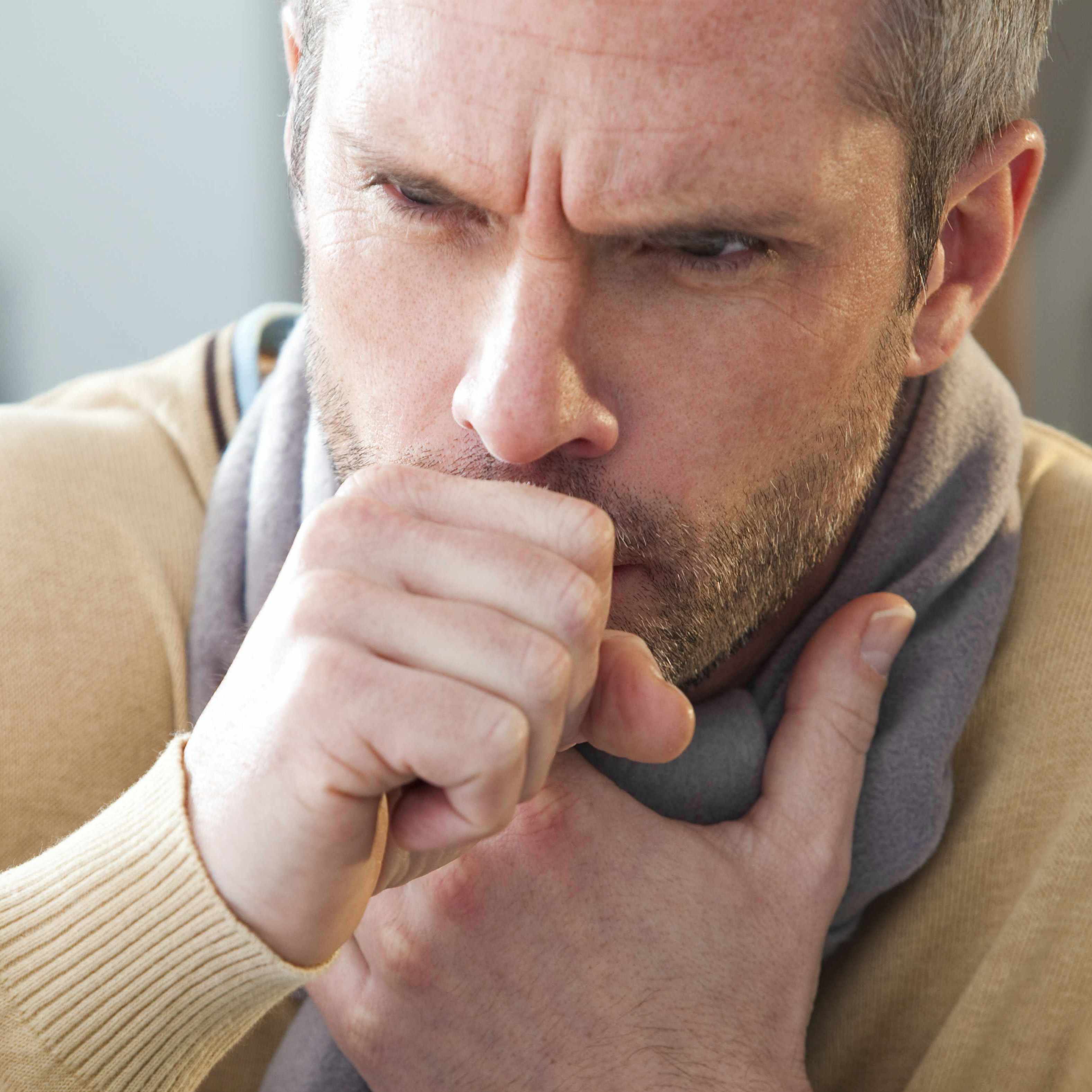
Transplants are identified as nonelective surgeries, and transplant patients have faced urgent medical needs during the COVID-19 pandemic.
"Our practice, like many others across the country, did slow down in March and April of this year," says Dr. Patrick Dean, a Mayo Clinic transplant surgeon. "Patients and providers were concerned ― appropriately so ― about what would happen with this pandemic and whether it would be safe to have a transplant or for that matter any health care that wasn't absolutely emergent."
In this Mayo Clinic Q&A podcast, Dr. Dean talks about taking care of transplant patients; overcoming surgery challenges during the pandemic; the increased risks transplant patients have of developing SARS-CoV-2, the virus that causes COVID-19, because of compromised immune systems; and the important need for COVID-19 testing.
Information in this post was accurate at the time of its posting. Due to the fluid nature of the COVID-19 pandemic, scientific understanding, along with guidelines and recommendations, may have changed since the original publication date.
For more information and all your COVID-19 coverage, go to the Mayo Clinic News Network and mayoclinic.org.








